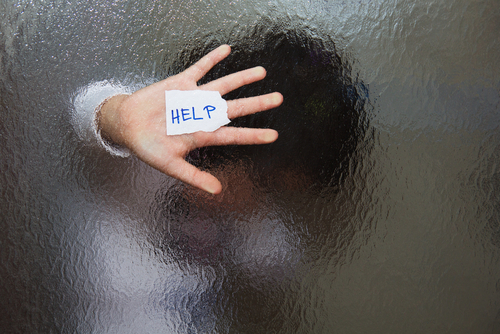The Local newsletter is your free, daily guide to life in Colorado. For locals, by locals.
If you’ve ever noticed a child in a grocery store, at a park, or on the street and wondered if he or she was in need of help, now all you need to do is make one call.
On Tuesday, the Colorado Department of Human Services (CDHS) is fully rolling out its child abuse and neglect hotline (844-CO-4-KIDS, 844-264-5437) following its soft launch on January 1. The statewide hotline is a $2.5 million section of Governor John Hickenlooper’s $30 million “Keeping Kids Safe and Families Healthy 2.0” child welfare plan, which was announced in 2013, and will connect callers to trained individuals in all 64 Colorado counties, who are available all day, every day, to identify children in potentially harmful situations.

According to the Centers for Disease Control and Prevention, 47 percent of children who endure maltreatment are under five years old and often lack an advocate for their safety. Currently, the majority of child abuse and neglect incidents are relayed by mandatory reporters such as teachers, counselors, and childcare workers, but CDHS executive director Reggie Bicha hopes the accessibility of the new hotline will encourage anyone to report cases of potential abuse or neglect, even if they’re not 100 percent sure a child is in danger. The hotline’s motto—You dial the number, we make the call—encourages anyone who’s ever wondered about a child’s well-being to speak out. “Don’t worry about all the details or making a decision on what constitutes abuse and neglect,” Bicha says. “We have experts who can decide if a child is in danger.”
Upon receiving the call, the appropriate course of action—from recommending families to local abuse-prevention nonprofits to involving authorities—is decided by a caseworker. Callers can remain anonymous, but sharing contact information can be helpful if the case requires any follow-up questions. No matter how much information a caller can provide, Bicha says each call is important, because if a few people call in regarding the same child, it’s easier to spot a problem and make a change. “When protecting kids breaks down in families, those kids become the responsibility of the rest of us,” Bicha says.
Follow assistant editor Lindsey R. McKissick on Twitter @LindseyRMcK.








